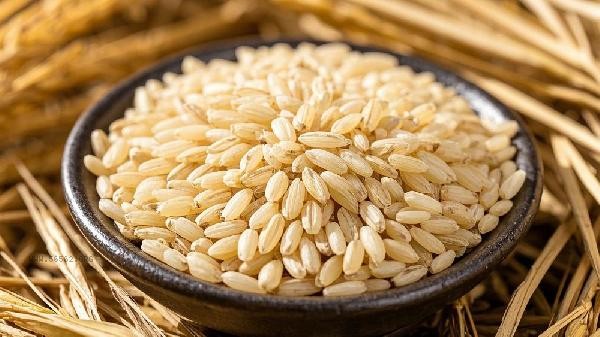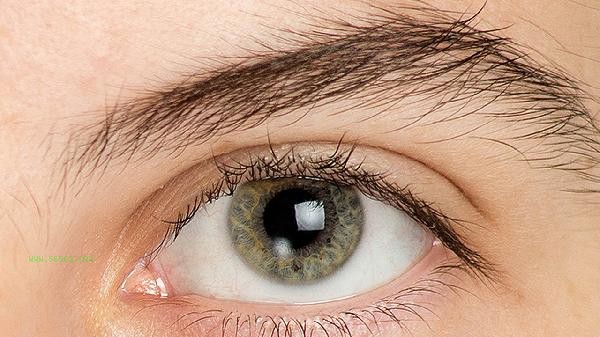Brown rice can usually be consumed for a long time without deliberate discontinuation, but it is recommended to alternate with other staple foods to balance nutrition. Brown rice is rich in dietary fiber, B vitamins, and minerals, making it a suitable part of daily staple food. Brown rice, as a whole grain, retains rice bran and germ, and has higher nutritional value than polished white rice. Its dietary fiber can help maintain intestinal health and slow the rise of blood sugar, which is suitable for diabetes patients and weight managers. The B vitamins in brown rice play an important role in nervous system function and energy metabolism, and minerals such as magnesium and zinc participate in various physiological activities. Long term consumption of brown rice alone may lead to increased gastrointestinal burden, especially for people with weaker digestive function, which may cause bloating. Phytic acid in brown rice can inhibit the absorption of some minerals, but the effect can be reduced through soaking or fermentation.

It is recommended to rotate brown rice with staple foods such as oats, quinoa, and sweet potatoes to ensure nutritional diversity and avoid potential risks of a single diet. Soaking for 2-4 hours before cooking can enhance the taste, and pairing with high-quality protein and vegetables can form a more complete nutritional combination. Special populations such as patients after gastrointestinal surgery or those with gluten allergies should adjust their intake according to medical advice.








Comments (0)
Leave a Comment
No comments yet
Be the first to share your thoughts!